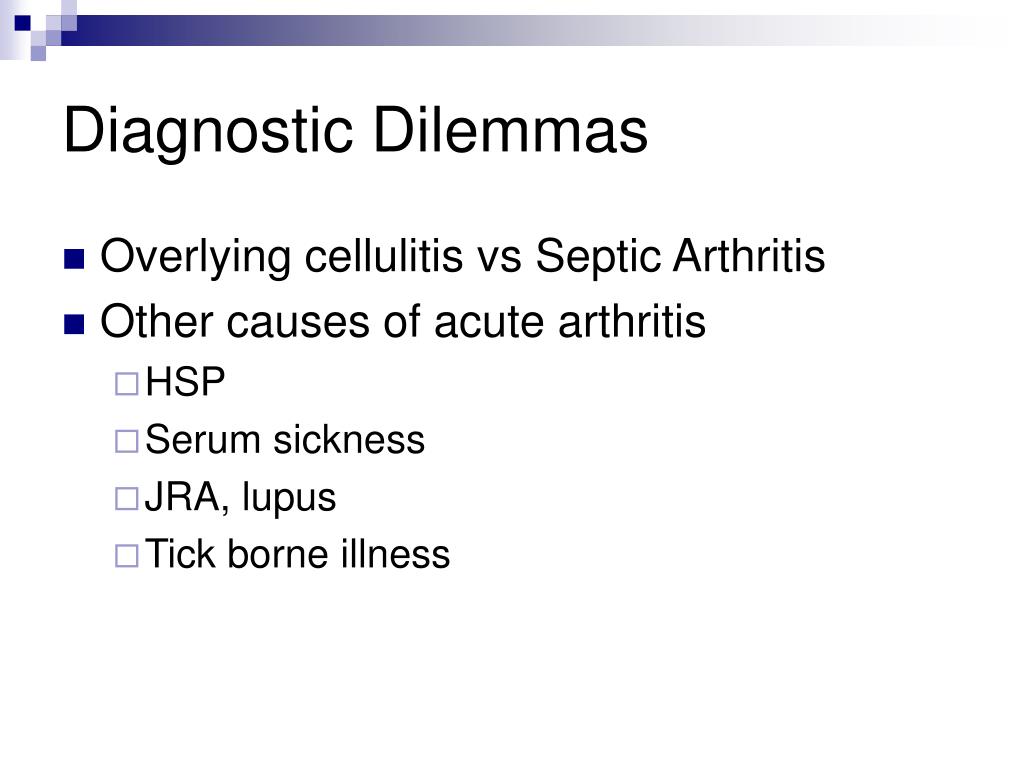

Psychological conditions that are associated with pathological lying, such as BPD, NPD, and ASPD, may also contribute to the behavior. Similarly, children who experience neglect or emotional instability may use lying as a coping mechanism to gain control over their environment. Children who are punished for telling the truth or who are exposed to chronic lying behavior may develop a pattern of lying themselves. Others believe that pathological lying is a learned behavior that develops in response to childhood trauma or abuse. Some researchers suggest that pathological lying may be a result of brain abnormalities or dysfunction in the prefrontal cortex, the part of the brain responsible for decision-making and impulse control.

The causes of pathological lying are not well understood but are believed to be a combination of genetic, environmental, and psychological factors.

#Pathological lying treatment manual
Although it is not classified as a separate diagnosis by the Diagnostic and Statistical Manual of Mental Disorders (DSM-5), it is recognized as a symptom of several psychiatric conditions, including borderline personality disorder (BPD), narcissistic personality disorder (NPD), and antisocial personality disorder (ASPD). Pathological lying is a well-documented phenomenon that has been studied by psychologists, psychiatrists, and other mental health professionals.

While occasional lying is common and often socially accepted, pathological lying involves a persistent and pervasive pattern of deception that goes beyond normal behavior. Pathological lying, also known as pseudologia fantastica, is a pattern of frequent and compulsive lying that is difficult to control and often leads to negative consequences for the liar and those around them.


 0 kommentar(er)
0 kommentar(er)
